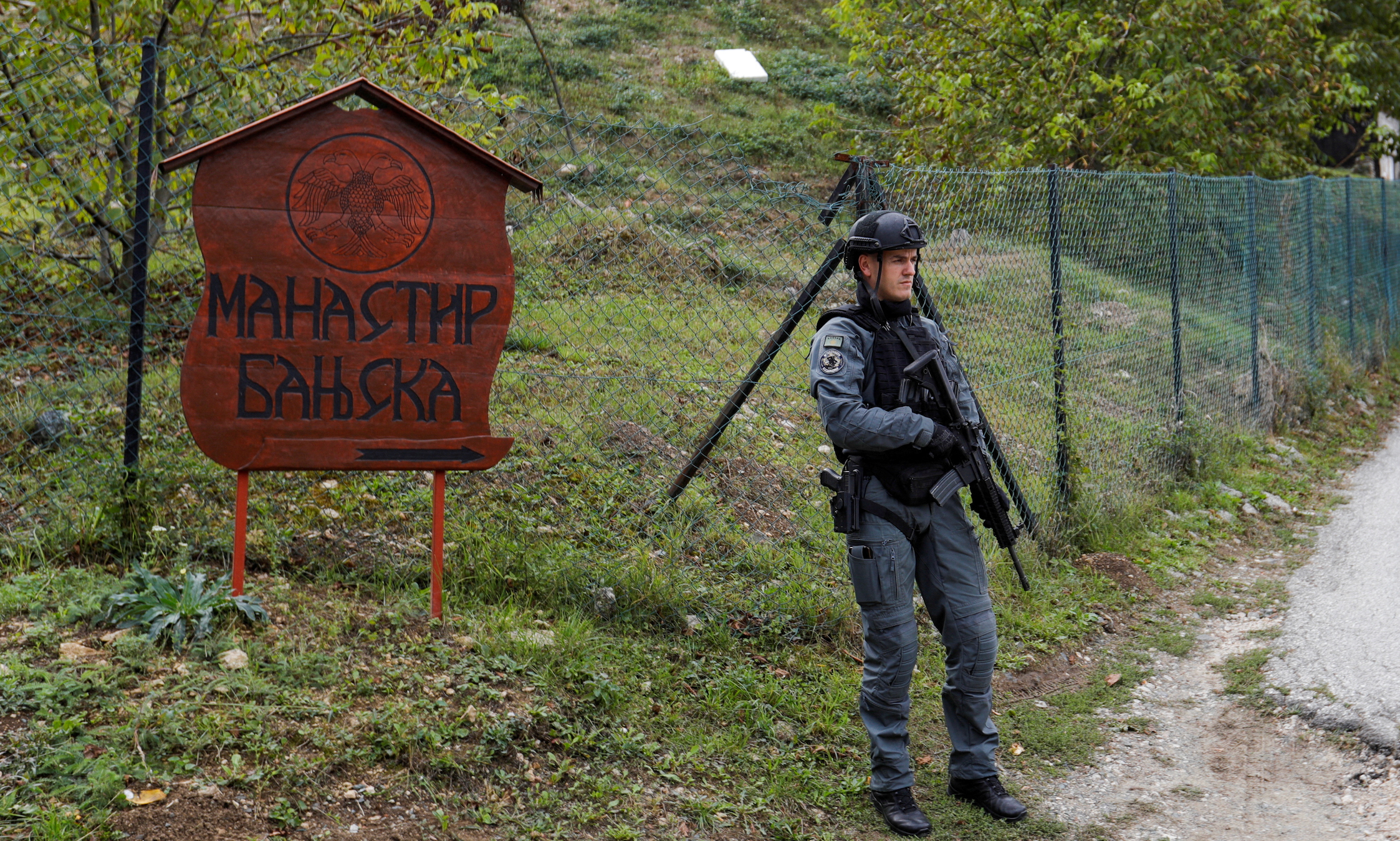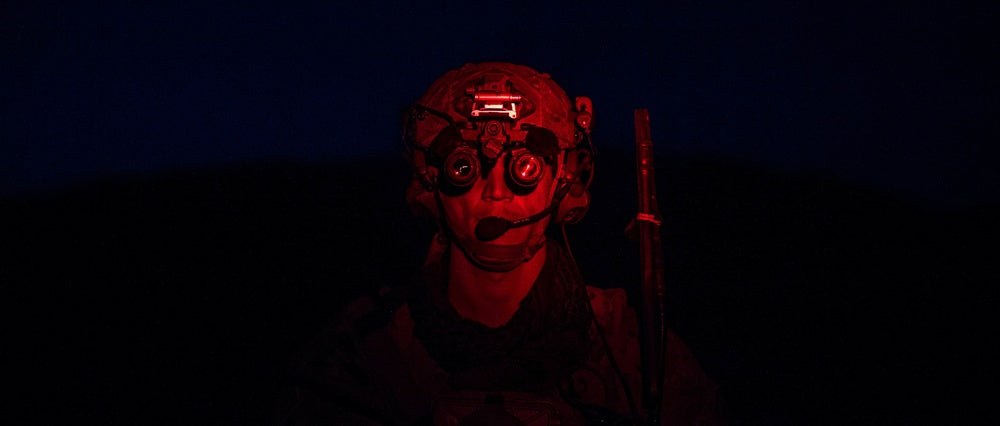
Serbia conditionally releases Kosovo Serb politician detained over Kosovo firefight
PHOTO CAPTION: Kosovo police officers patrol a road to Banjska monastery, in the aftermath of a shooting incident, in Banjska village, Kosovo September 27, 2023. REUTERS/Ognen Teofilovski
BELGRADE (Reuters) - The Serbian High Court on Wednesday released from detention Milan Radoicic, a Kosovo Serb politician accused of illegal manufacturing and trafficking of firearms to Kosovo after he admitted involvement in a deadly shootout with Kosovo police.
Tensions between Belgrade and Pristina have soared since Sept. 24, when around 30 armed Serbs barricaded themselves in a Serbian Orthodox monastery near the village of Banjska, in the predominantly Serb north of Kosovo. The incident ended in a shootout in which three attackers and a Kosovo police officer were killed.
In a statement, the court said it rejected a motion by the High Prosecutor's Office to place Radoicic in custody. It said Radoicic was prohibited from leaving his place of residence and Serbia without the court's approval. It also banned him from travelling to Kosovo.
"He (Radoicic) is ordered to report to an appropriate police station every 1st and 15th of the month, and his ... passport ... was confiscated," it said.
Radoicic, the vice president of the Serb List party, the largest in Serb-dominated northern Kosovo, admitted to organising and taking part in the skirmishes.
On Tuesday, police detained Radoicic in Serbia's capital Belgrade. The prosecutor's office said Radoicic, who denied any criminal activity, should remain in detention over fears he could flee.
Last month's gunbattle prompted new international concern over stability in Kosovo, which has an ethnic Albanian majority and declared independence from Serbia in 2008 after a guerrilla uprising and a 1999 NATO intervention.
Some 50,000 Serbs who live in north Kosovo do not recognise Pristina's institutions and see Belgrade as their capital. They have often clashed with Kosovo police and international peacekeepers, but last month's violence was the worst in years.
Kosovo had accused Belgrade of providing financial and practical support to Radoicic and his group, something Serbia denied.
(reporting by Aleksandar Vasovic; Editing by Alex Richardson)











